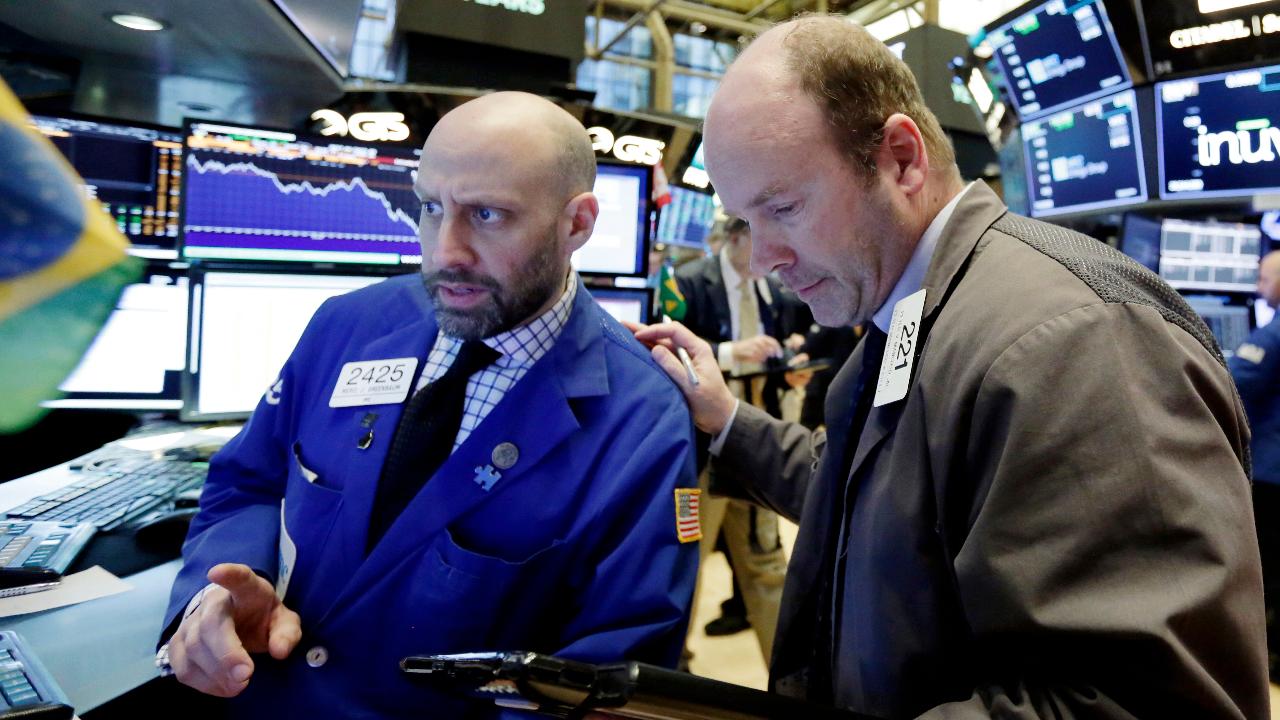Fed Beige Book reports modest growth during the summer, despite trade uncertainty
The U.S. economy expanded at a modest pace from June through August, despite looming concerns about the U.S.-China trade war, according to the Federal Reserve's Beige Book.
Almost all of the Fed’s 12 districts reported modest growth over the past few months, the Fed said in its region-by-region roundup of anecdotal information known as the Beige Book. The report, prepared by the Federal Reserve Bank of St. Louis, was based on information collected through Aug. 23.
"Although concerns regarding tariffs and trade policy uncertainty continued, the majority of businesses remained optimistic about the near-term outlook," the report said.
Overall, wages grew at a modest pace, on par with the previous reporting period. Employment varied across industries, but manufacturing -- often used as a telltale sign of an impending recession -- remained relatively flat across the different districts.
The effect of tariffs is still unclear, according to the Beige Book.
Since the last reporting period, districts indicated modest price increases, with retailers and manufacturers reporting slight increases in input costs. Some districts anticipated tariffs -- currently, the U.S. imposes a tariff on more than $350 billion worth of Chinese goods, with more to come -- won't directly affect consumers for a few months.
The most recent round, however, — a 15 percent tariff on $112 billion worth of goods, most of it concentrated on items like footwear, clothing and textiles — spurred fears about how the trade war will ultimately affect American consumers. Until then, most U.S. imports of clothing and shoes from China have been spared.
Meanwhile, agricultural conditions remained weak -- a direct result of bad weather, low commodity prices and trade uncertainties.
Consumer spending appeared mixed across the districts, although auto sales were fairly solid across the board.
Policymakers at the U.S. central bank will study the report ahead of their Sept. 17-18 Federal Open Market Committee meeting, during which they're widely expected to lower interest rates by a modest quarter of a percentage point. In July, the Fed voted to lower the interbank lending rate for the first time since the financial crisis.




















